Our memories are fragile. From the time we’re born, our brain is constantly collecting and processing bits of information based on our experiences — both negative and positive. Some stick with you for life, while others are forgotten or suppressed. What makes a memory, and when those memories aren’t so good, how do they turn into trauma?
What Constitutes a Memory?
For us to recall certain processes or events, we must first draw them out of our memory. Our brain forms memories by encoding, storing, retaining and recalling information from our past experiences. It begins in our short-term storage, and once repeated enough, it travels to our long-term storage via the hippocampus so we can perform tasks, recognize people and travel places subconsciously, without having to think twice.
The main parts of the brain involved with memory are the amygdala, the hippocampus, the cerebellum, and the prefrontal cortex. The amygdala is involved with fear, and therefore largely responsible for trauma.
How Can Trauma Affect Those Memories?
Psychological trauma is deeply embedded in our long-term memory, and has an effect on our brains that’s similar to actual physical brain damage. As the hippocampus transfers short-term memories to long-term memories, its sensitivity to stress is heightened. That stress causes the secretion of adrenal hormones. With enough exposure to these hormones, some of your neurons may degenerate and damage your memories.
In fact, for trauma patients with post-traumatic stress disorder, their medial prefrontal cortex is smaller in both size and volume than a patient without PTSD. These people’s brains are hyporesponsive when performing everyday tasks because of their involuntary intrusive thoughts. The prefrontal cortex also controls emotional responsiveness and how our body reacts to fear-inducing stimuli by interacting with the amygdala. That means with trauma, the brain scientifically responds differently to fearful memories because some parts of the medial prefrontal cortex don’t activate the same way they would with a mentally healthy patient.
If all these scientific terms have you lost, think of it this way: trauma is like a home alarm system in our bodies. When it sees a perceived threat, and our body reacts to the threat by getting scared, it burns that memory into our short-term and long-term while reprogramming our alarm system.
What Can You Do About It?
Our job is to reset that alarm system so you can live a life free of nightmares. If you suffer from PTSD and trauma, know that this isn’t something that will simply go away on its own. You need to receive professional treatment from therapists who know how to rewire your brain in a way that reacts to triggers differently. At Complete Family Treatment Services, over half of our patients suffer from trauma, and many of them are fighting other battles simultaneously. The key to a healthy mind is counseling and treatment based on scientific evidence and compassion.
Free yourself, and contact us today.


Recent Comments